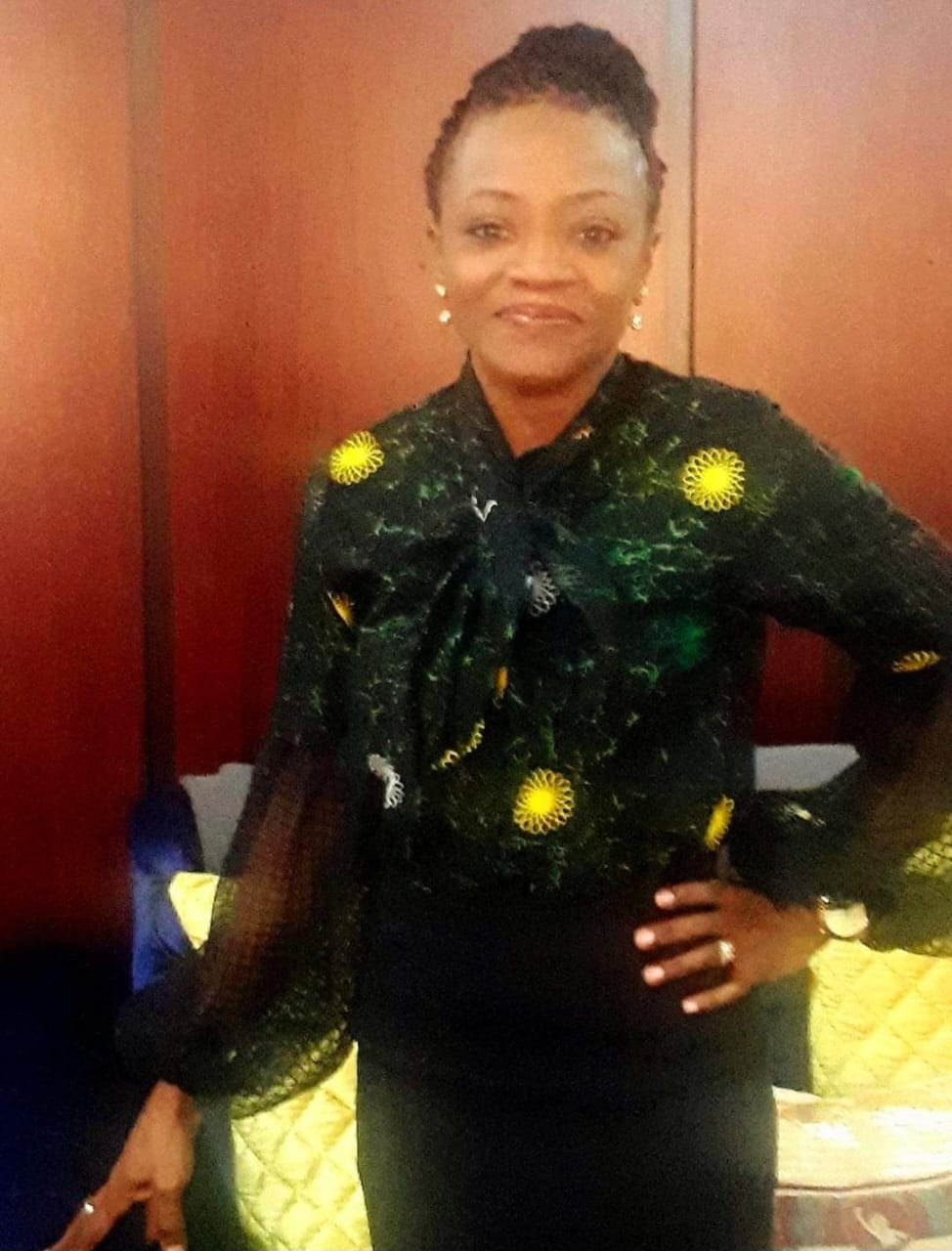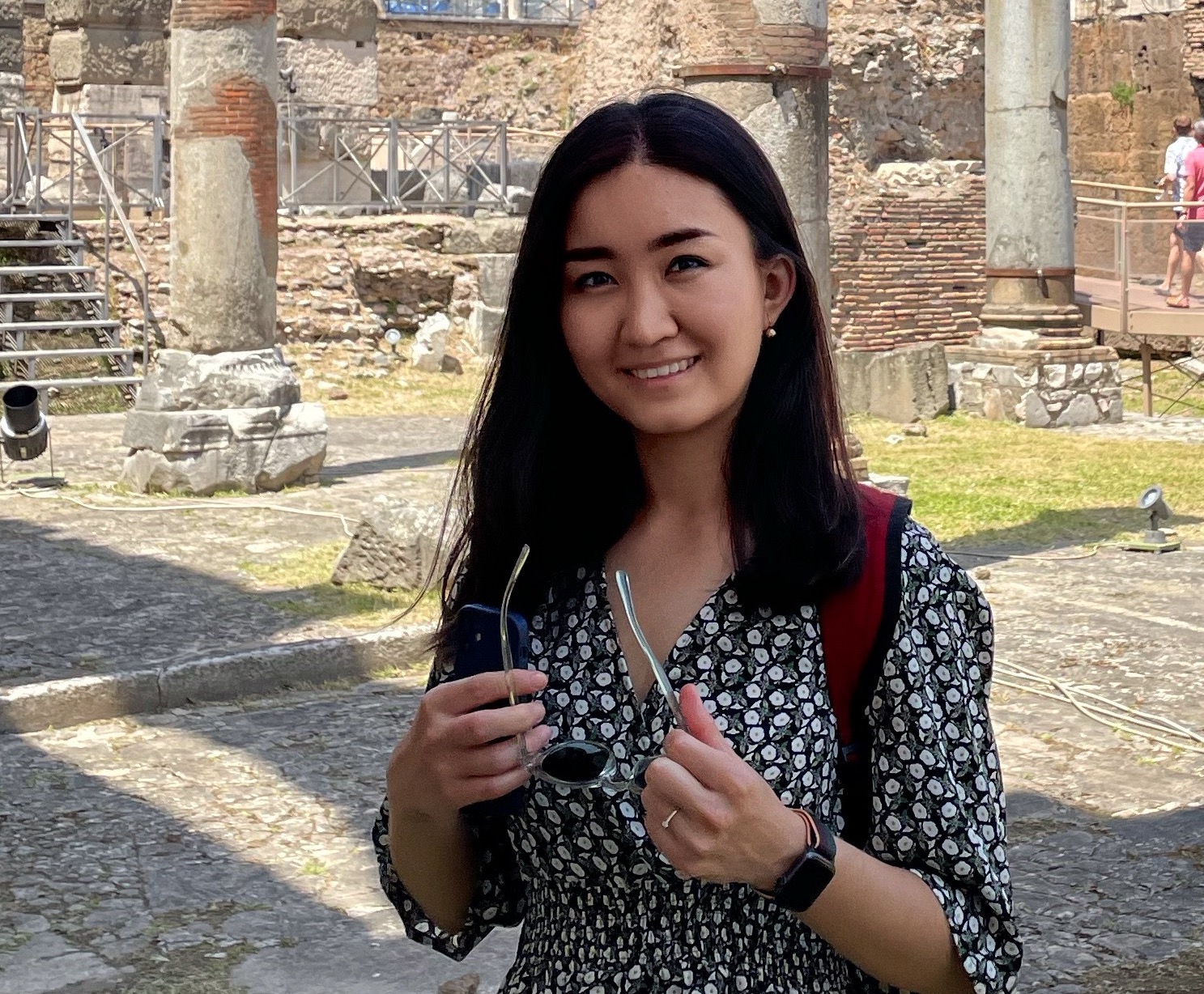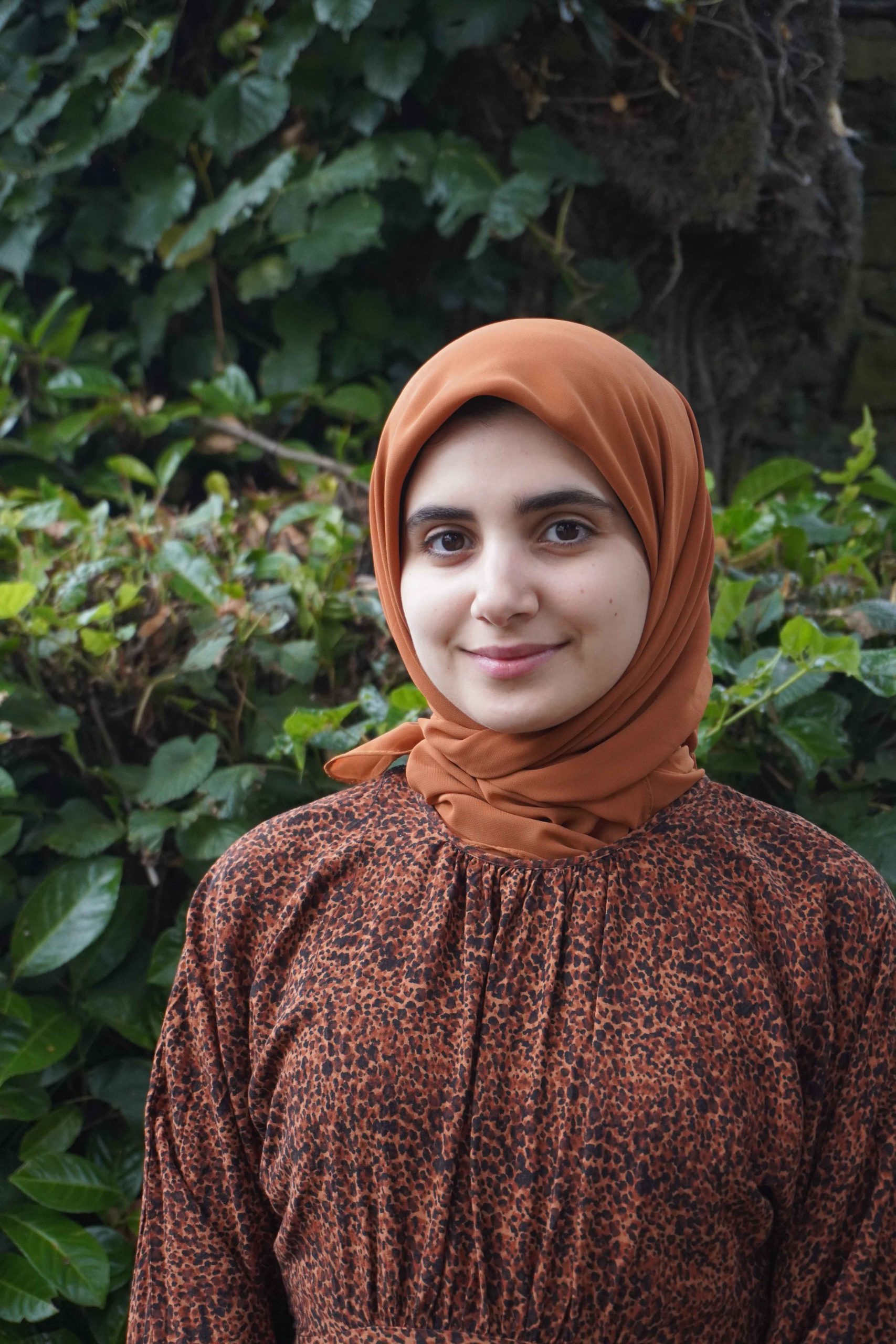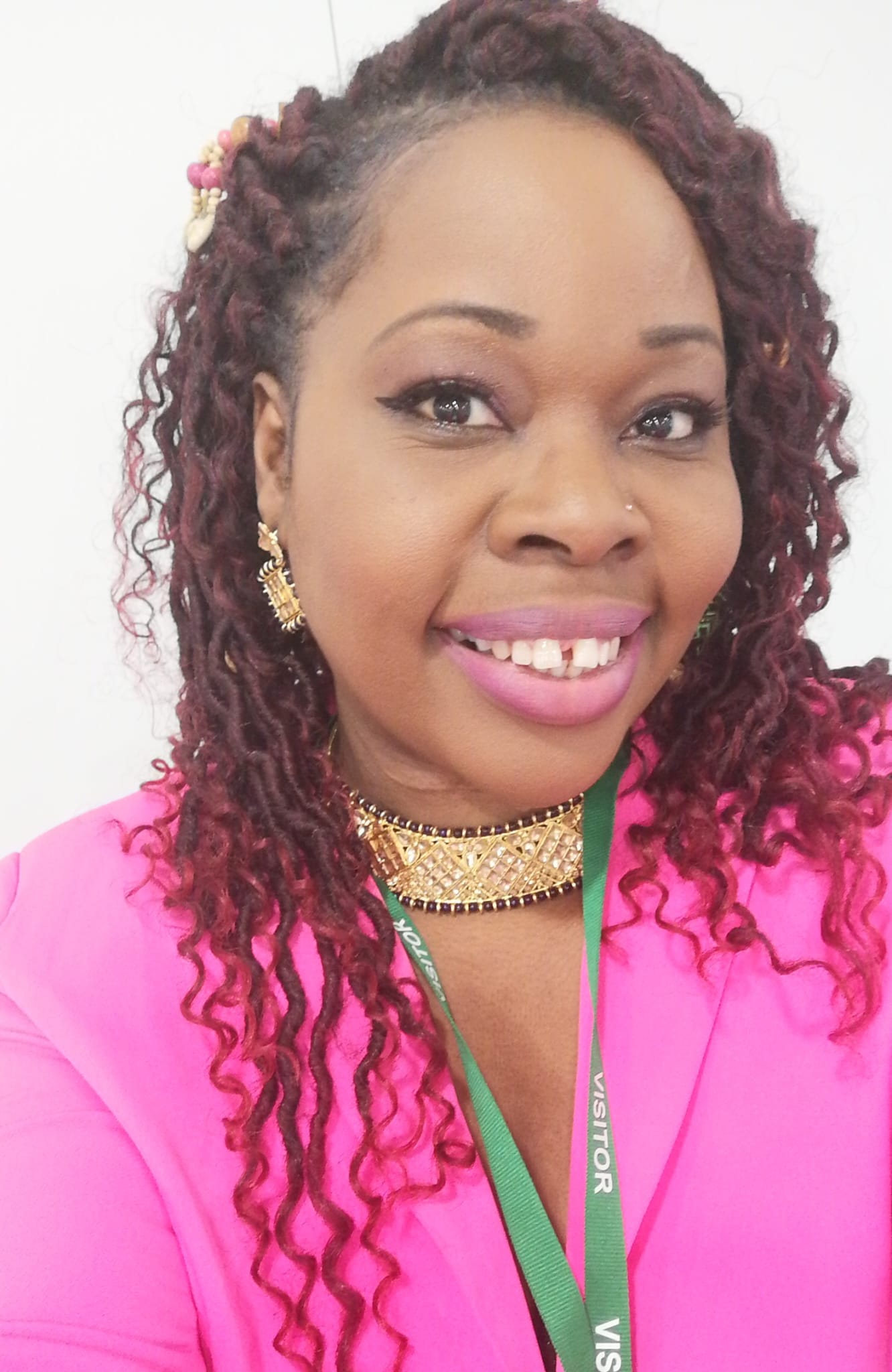Black History Month 2024
29 October 2024
On the 16th of October, PhD student and MEAD co-convenor Kemba Hadaway-Morgan hosted a Black History Month webinar titled ‘’Black History in the Making: Conversations with members of the Post Graduate Community sharing the social and economic contributions of their PhDs’’.
Kemba said: To mark our celebration of Black History Month we wanted to shift the focus from a past that tends to engage only in the Transatlantic Slave Trade or the Civil Rights Movement. In order to ‘Reclaim the Narratives’ we decided on a scope that looks at the present and future context of Black History. We were joined by four researchers, each carving their own histories within the context of Black History. Panel members discussed their role in the Making of Black History through 3 main questions:
- Tell us about yourself and how your own migration story may have shaped your research?
- What does BH mean to you?
- Why is BH and Migration significant to Wales from the context of your research field?
Luret Lar

My migration journey was shaped from my experiences of living, studying and working in Nigeria. As an undergraduate, I watched with keen interest the experiences of forcibly displaced migrants from Liberia to Nigeria, and how they navigated rebuilding their lives through securing adequate accommodation, furthering their education, and finding jobs. In my professional experience of being a medical doctor, I recognized the disconnect between social issues that are linked to clinic and hospital visits by women. Therefore, when the opportunity came, I knew it was time to leave and begin to make an impact. Now that I am here, I better understand the complexities of navigating a new environment, which requires reorientation, and the struggle for social acceptance, especially in the light of my positionality as a woman, an immigrant and a researcher.
Black History Month has evolved from a time committed to identifying and celebrating the contributions, achievements, and histories of Black individuals and communities into a time to reflect on past injustices and inspire action towards a more equitable future. The commitment of Wales to being a Nation of Sanctuary highlights its efforts to provide support and integration opportunities for migrants. My research focuses on how policy promises shape the lived experiences of forcibly displaced migrant women in Wales, as they navigate access to resources, and community support, amidst the role of cultural identity and language communication challenges. So, do they have something to offer to the host community? If yes, how can they be better supported to effectively make their contributions? Can and will they be celebrated, or does their success story revolve and end around the “welcoming” host country?
Anaer Yeerjiang

Anaer is a third-year ESRC and Welsh Government co-funded student in the Centre for Language and Communication at Cardiff University. Her PhD project, supervised by Professor Michael Handford and Professor Sin Yi Cheung (School of Social Sciences), explores attitudes towards diversity among school staff and policymakers in Wales from an intersectional perspective.
My perspective on Black History Month is deeply influenced by my own migration journey and experiences as an international student in Wales. Growing up, I never had teachers who shared my cultural background, an experience that now drives my research into diversity within the Welsh education system. For me, Black History Month isn’t just about celebrating past achievements, it’s about examining present day representation in our schools and workplaces. Through my research, I’ve encountered powerful stories, like that of a Black teacher who described the complex balance between wanting equal treatment while also seeking recognition of their identity as a Black educator. This resonates with me as someone who has moved across cultures, highlighting how conversations about representation matter universally. In Wales, where classrooms often feature students from diverse backgrounds, understanding Black history and migration isn’t just about ticking the boxes, it’s about creating an education system where every student feels represented and valued. As both a student researcher and someone with lived experience of being a minority, I see Black History Month as a crucial gateway for broader discussions about how to embrace diversity.
Firial Benamer

My name is Firial Benamer, and I am a postgraduate student researching language learning experiences in Wales’s new curriculum, focusing on students from Black, Asian, and Minority Ethnic backgrounds or those with English as an Additional Language.
My journey began when I moved from Libya to Wales and chose to focus on English for my GCSEs, despite a strong background in French. Working with MFL Mentoring and reflecting on my own experiences inspired me to explore the unique motivations and challenges ethnic minority students face when choosing to caryy on with language learning. This perspective connects with Black History Month by highlighting the experiences of Black communities and recognising the efforts of those adapting to new linguistic and cultural environments. My hope is to contribute in create a more diverse and inclusive learning environment where schools introduce a wider range of languages, embracing cultures such as Nigerian, Polish, and Mandarin
Gifty Andoh Appiah

In 2015, I left Ghana to pursue a master’s degree in London. It was not my first time in London/Europe but it was the first time I would live there for more than two weeks and as a resident, not a tourist – there is a big difference. My migration journey would be shaped by the culture shock in 2015. Academic work and life felt so different and I struggled to make sense sometimes of pieces of communication, working my hearing senses through accents and slangs. I was born and raised in a country colonised by Britain where English is the language of instruction – and from nursery school to my bachelor’s degree I learned through the English language. In fact, English was the mode of communication in my profession, journalism. I returned to Ghana to continue practicing my profession (this time focusing more on crime reporting) – business as usual it was, until the breaking of a criminal case involving four missing/dead girls where forensic evidence was crucial to closing the case, yet, some of the families said they had no closure and still believed their children were alive. I was struck by the communication dynamics, including media reportage and how that may have contributed to the lack of acceptance of the outcome of the case. a criminal case
Black History month has been used to reflect a lot on past injustices and similar injustices are not in short supply today. My interest is in how these injustices may be occurring in the process of justice delivery due to flaws in language and communication. Language is a key feature of colonial legacies, so in Ghana, my home country, English remains the only official language, yet it is not a first language. So, for example, non-English speakers especially, who come in contact with the legal system have to navigate their way either through lawyers/legal representatives or by themselves through interpreters. This is embedded with layers of problematic probable scenarios that could easily result in injustices – although not the focus of my present study (I may look into this in future).
My current research focuses on the language and communication of forensic evidence in Ghana’s criminal justice system. It is a qualitative study in which I trace the language and communication of forensic reports from the labs where they are produced to how the reports are explained during court hearings and finally, how they are framed in media reports. I hope this study will reveal both glaring and subtle language/communication issues in criminal justice procedures involving forensic evidence in Ghana so that language as a colonial legacy will not be the cause of injustices. I also hope to attention stakeholders in these processes that language and communication are crucial to fairness in justice delivery. Although my study is about Ghana, the country that bears some similarities with Wales, in terms of language dynamics. Evidently, Wales has done and continues to do more to promote Welsh language so perhaps some key lessons from the Welsh example can be included in my study, even if it is as simple as an indication of areas for future research.
Kemba Hadaway-Morgan

Kemba is a final year PhD Researcher in SOCSI and her research title is , ‘Race, Ethnicity and Dementia: A qualitative study to explore the ways in which African Caribbean People’s dementia care needs are understood by social workers in Wales’. Kemba’s own migration story highlights her own experience of familial caregiving in Trinidad and Tobago, and how that shaped her view on elderly care.